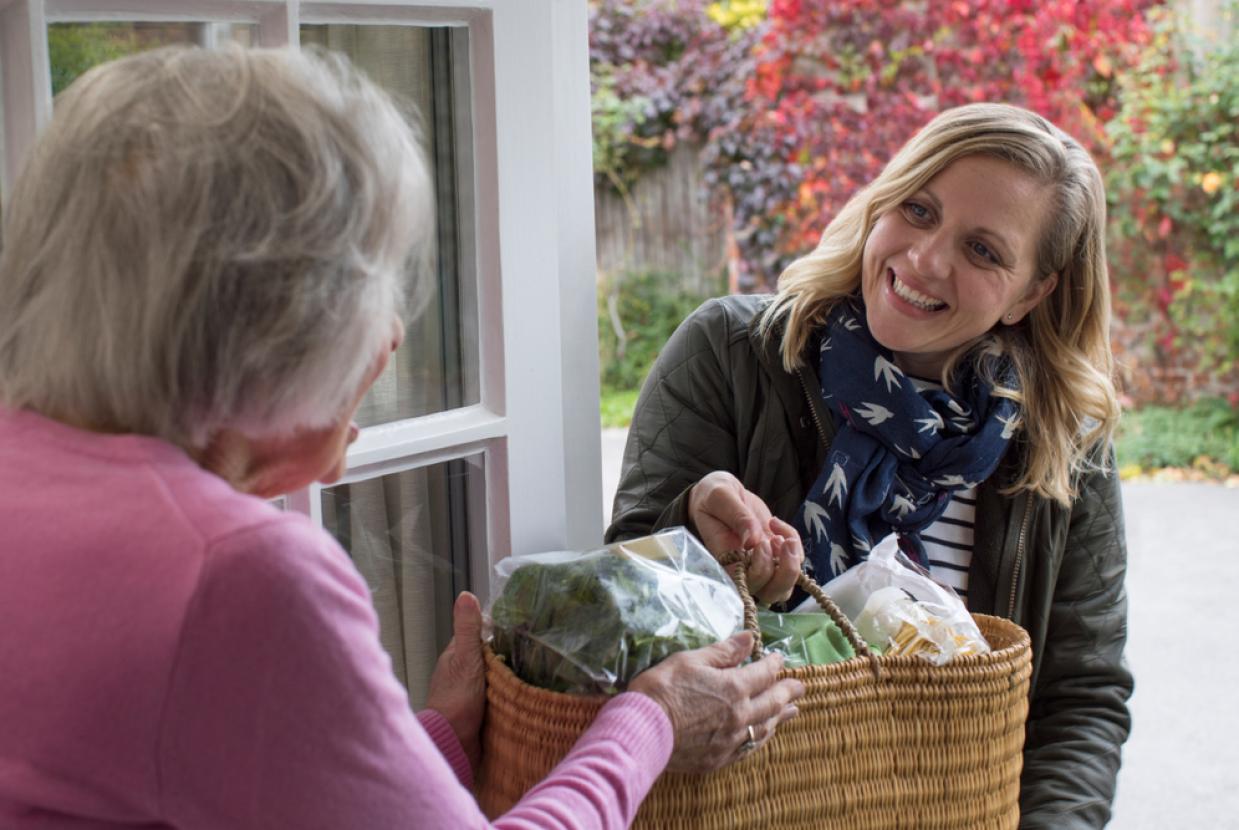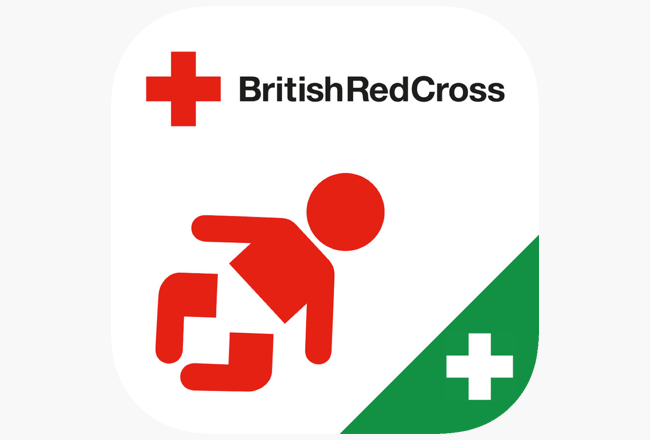Preparing for Exam Results Day: Tips for Parents
Family HealthAfter all the months of working, planning, and preparing, exam results day can seem rather daunting for everybody involved – including the parents!
Exam results day is a momentous occasion for most students; but as a parent, being ‘on the outside looking in’ can make it hard to know how to best support your child when the time comes. With A-Level Results Day less than two weeks away, the Mentor team have put together a guide to help you prepare for a variety of outcomes. However your child does on the day, if you’re ready to step up – and step back – when they need you to, it might make a real difference to their future.
Preparing for Exam Results: Top Tips
1. Don’t pressure them – but do offer support
When you’re feeling anxious, it’s natural to want to find out as much as you can about the situation at hand – but continual questioning isn’t the best way to get your child to open up. Don’t keep asking whether they’ve got their results and what the outcome is; let them come to you. Whether you’re waiting outside the room when they collect their results or waiting at home, it’s natural for a student to want to take a little time to process the information in front of them, so be patient. Expect tears, too; these could be happy or sad, but – after months or years of study – finding out one’s final marks can be an emotional experience.
That’s not to say that you can’t offer support. In advance of the big day, take some time to find out how your child would like to receive their results: would they like you to drive them, would they prefer to go with a friend, would they prefer to walk there on their own? Whatever their decision, let them know that you respect it (even if you would have preferred them to choose another option).
2. Reassure your child
There are many things that might inspire a student’s desire to succeed: they might be ambitious; they might want to live up to their potential; they might want to get into a particular university; they might want to do a favourite subject or teacher justice. But there’s another, crucial reason for all the months of revision and practice papers: they want to make their parents proud. It’s vitally important, therefore, that you make it clear that you’re really proud of their hard work and all the effort they’ve put in – whatever grades they achieve.
3. Keep calm
If your son or daughter doesn’t get the grades they were hoping for, they might panic; it can come as a huge shock, and they might feel that their future is in jeopardy. A lot of the same things may be going through your mind, too, but it’s really important that you don’t panic as well! There is plenty of time and there are many options to explore. When coming up with a plan B, it’s vital that you think things through carefully and calmly; so try and keep a level head, and encourage your child to concentrate on their breathing if necessary – taking deep, slow breaths – so that they can focus. Reassure them that everything will be okay and you will help them figure out what to do next.
4. Consider other options – and take your time
There are several different routes to consider if your child doesn’t get the grades to attend their first choice university (or if they achieve better grades than expected). When emotions are running high, it’s tempting to want to make knee-jerk decisions, but the choices should be weighed up carefully. Having some knowledge of the alternative options to a first-choice course may help you approach the situation with confidence, should it arise.
- Clearing. The UCAS Clearing process allows candidates to apply for courses that still have places available, and is open to those who: have not achieved the necessary grades to fulfil their offers; have rejected their offers; or have not received any offers. The good news is that there is no mad rush to try and get onto a course through Clearing; in fact, the process doesn’t even open until 3pm on Results Day, which gives you time to think more about it.
- Gap years. Gap years aren’t an excuse for a student to take a year off and party – far from it, a well-used gap year can offer a brilliant opportunity to gain work experience, travel, learn new skills, build up one’s CV, and improve chances of getting into university or securing a work placement for the following year. It also provides the student in question with the chance to think about their options, take on some responsibility (often living independently for the first time), and give some real thought to what they’d like to do next.
- Earning while learning. If your child is keen on a particular career path, this could be a great option – there are lots of courses or apprenticeships that combine classroom-based learning with paid work, allowing your child to pick up valuable skills in their chosen field (and a work-based qualification) whilst supporting themselves financially.
- Re-takes. Your child might feel that they could have done better on a specific paper or indeed a whole subject; if that’s the case, it might be possible to re-take some modules and re-apply for university. It’s worth speaking to their school ASAP if this is of interest. Don’t forget that some universities or colleges ask for re-sit students to achieve higher grades, so do check this out before making up your mind.
- Adjustment. Of all the dilemmas mentioned thus far, exceeding expectations when it comes to exam results and wondering whether it’s possible to switch to a better university is probably the best one to have – but it can be difficult to decide what to do for the best. It’s worth looking into the UCAS Adjustment process with your son or daughter, and weighing up all the pros and cons: if they have always dreamed of going to a certain university but didn’t apply due to their predicted grades, they might want to reconsider. That said, if they’ve been feeling excited and confident about attending the university – or course – that they’ve accepted, they might not want to deviate at this late stage.
Content sourced from Mentor Education (mentoreducation.co.uk).
























































































